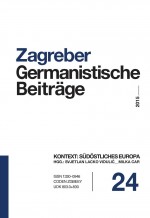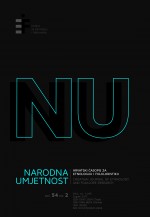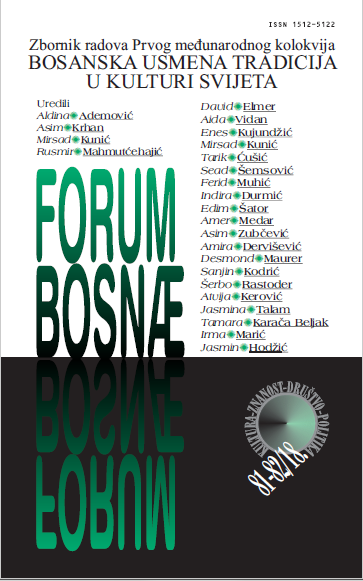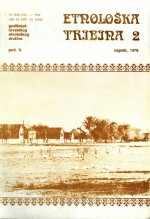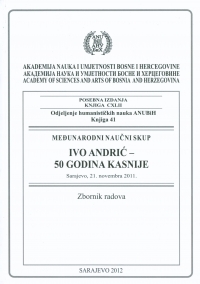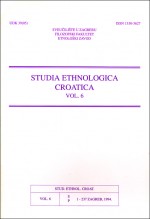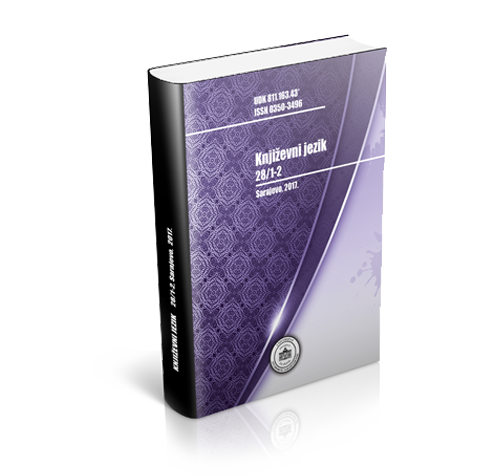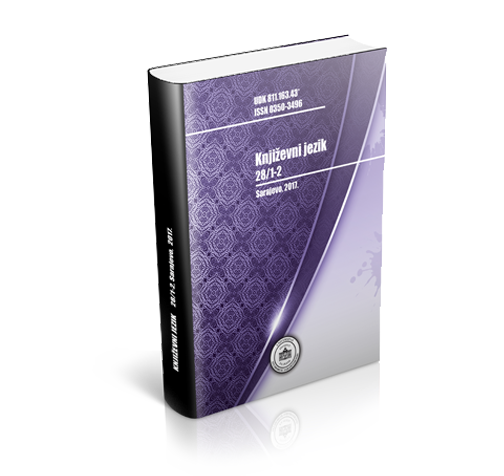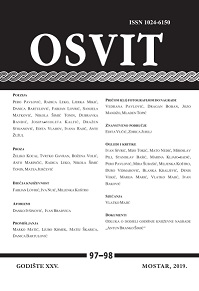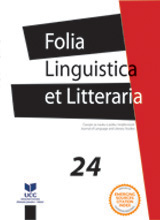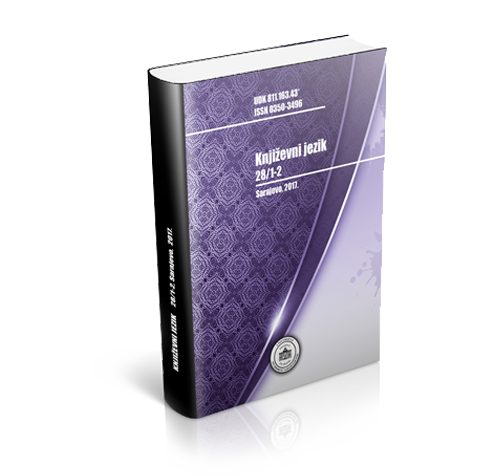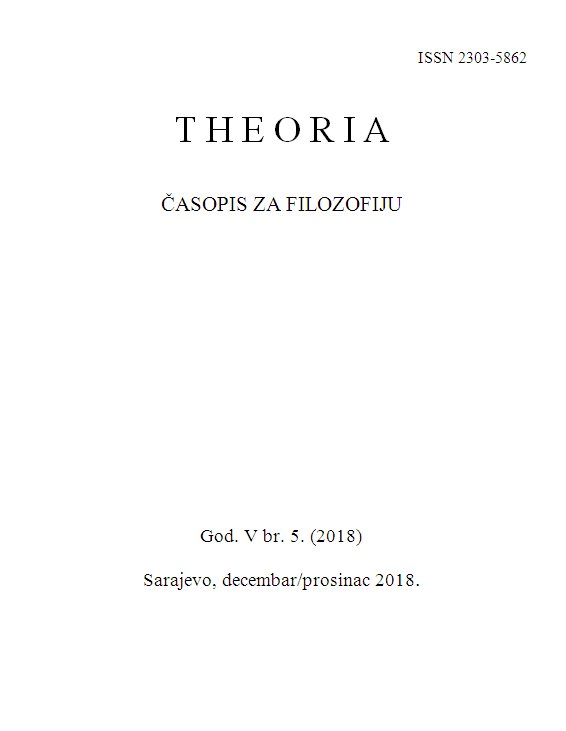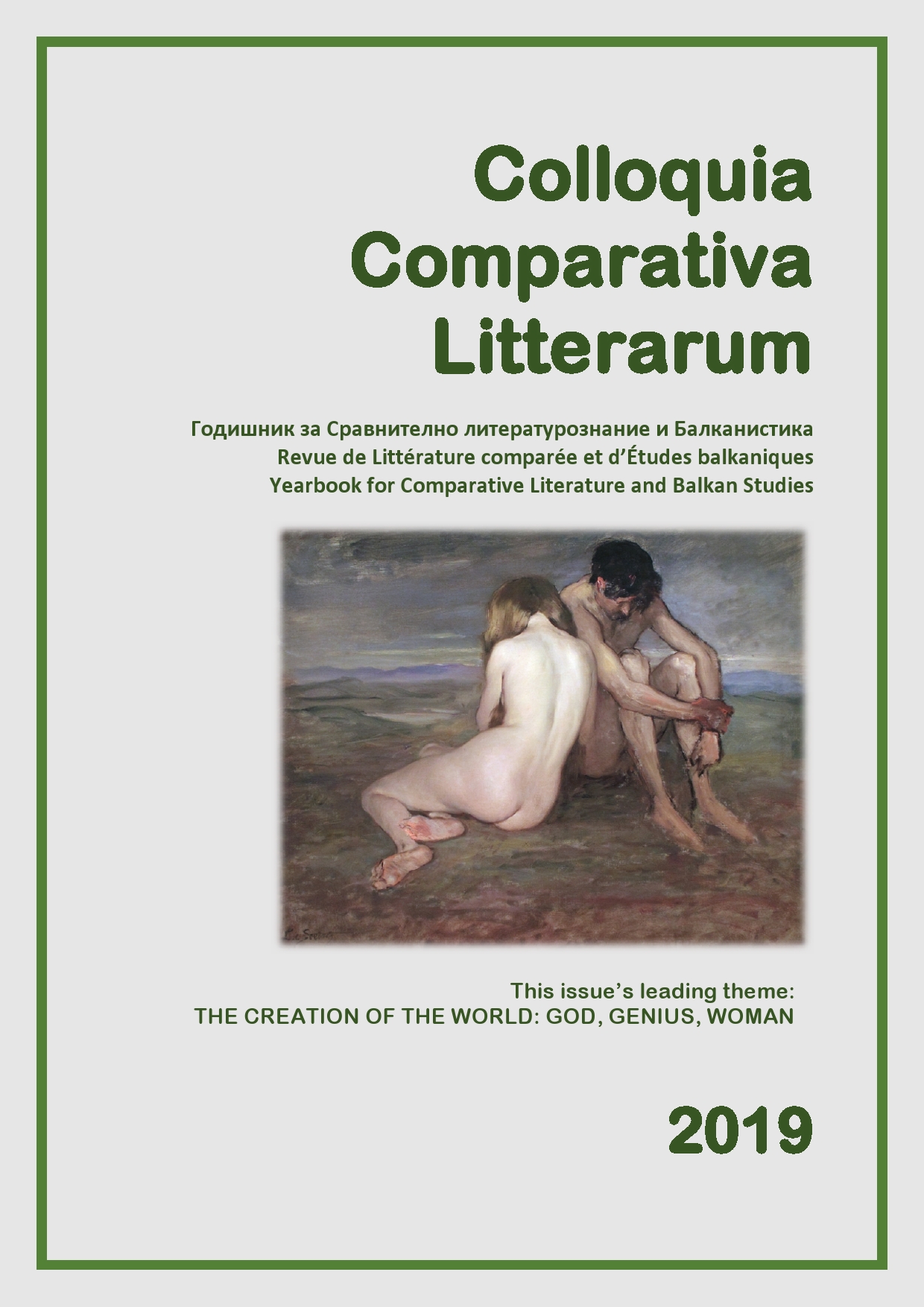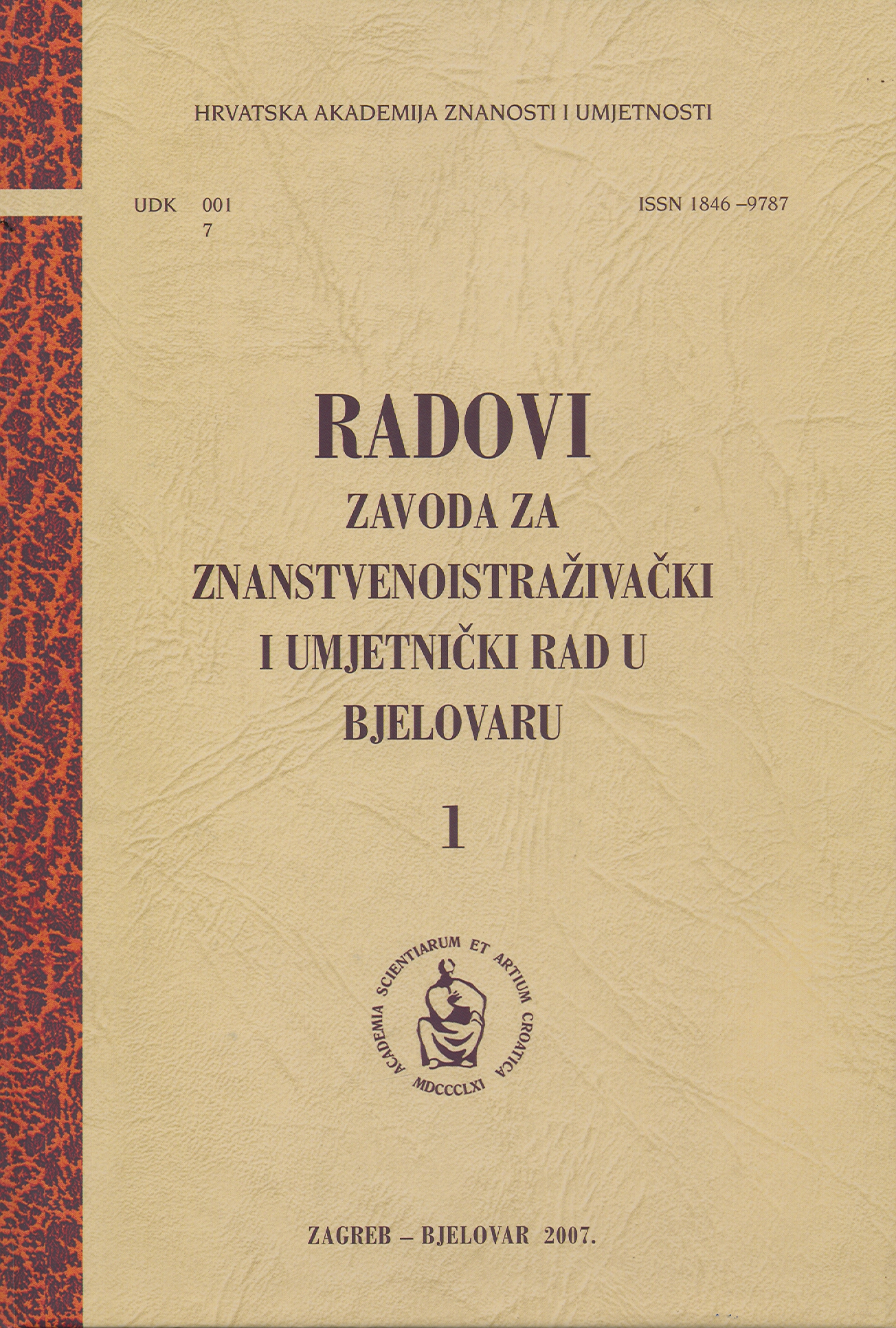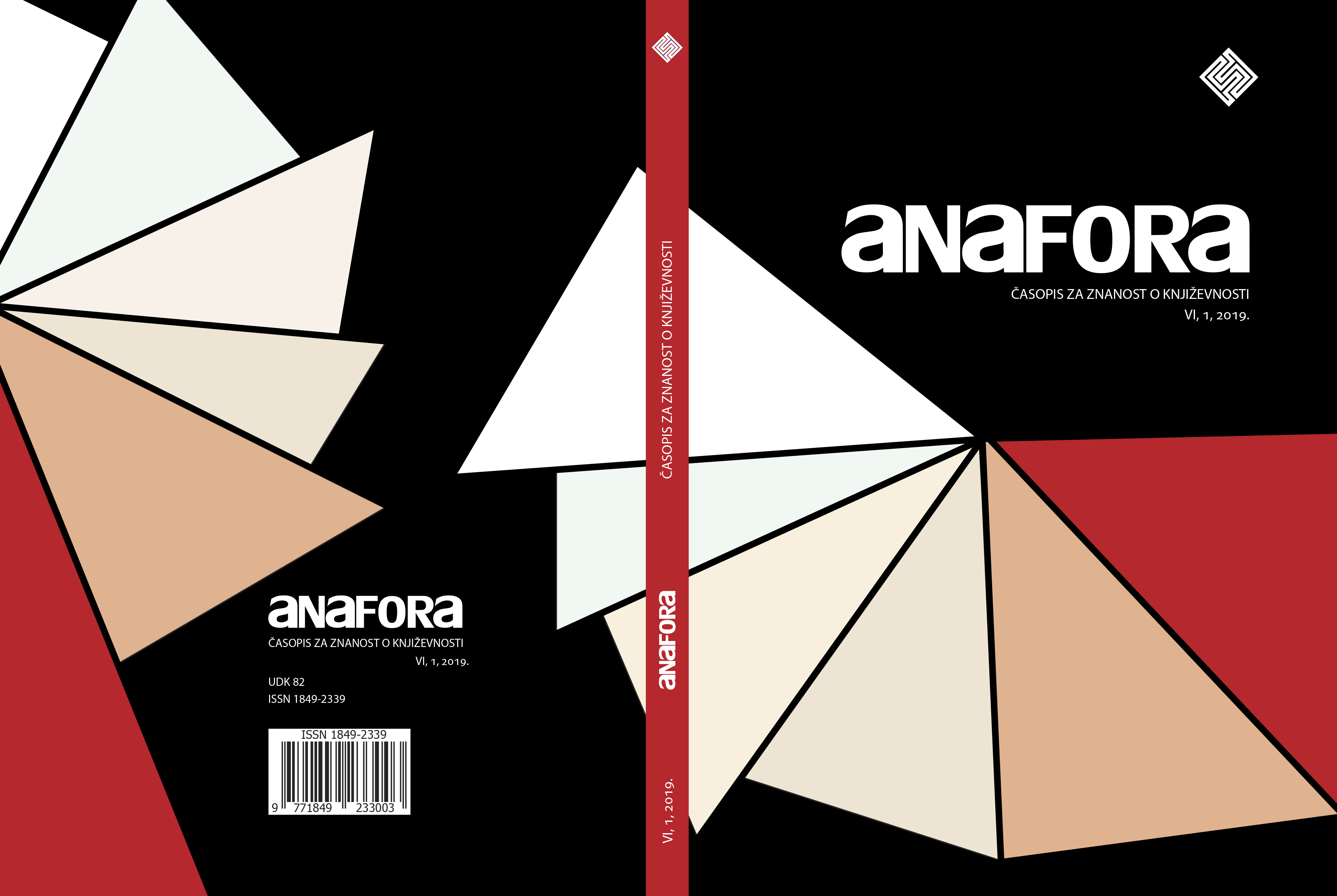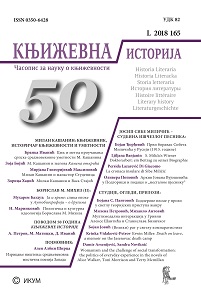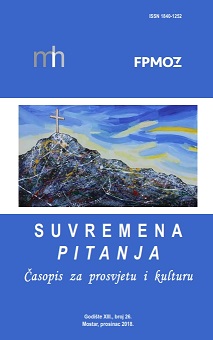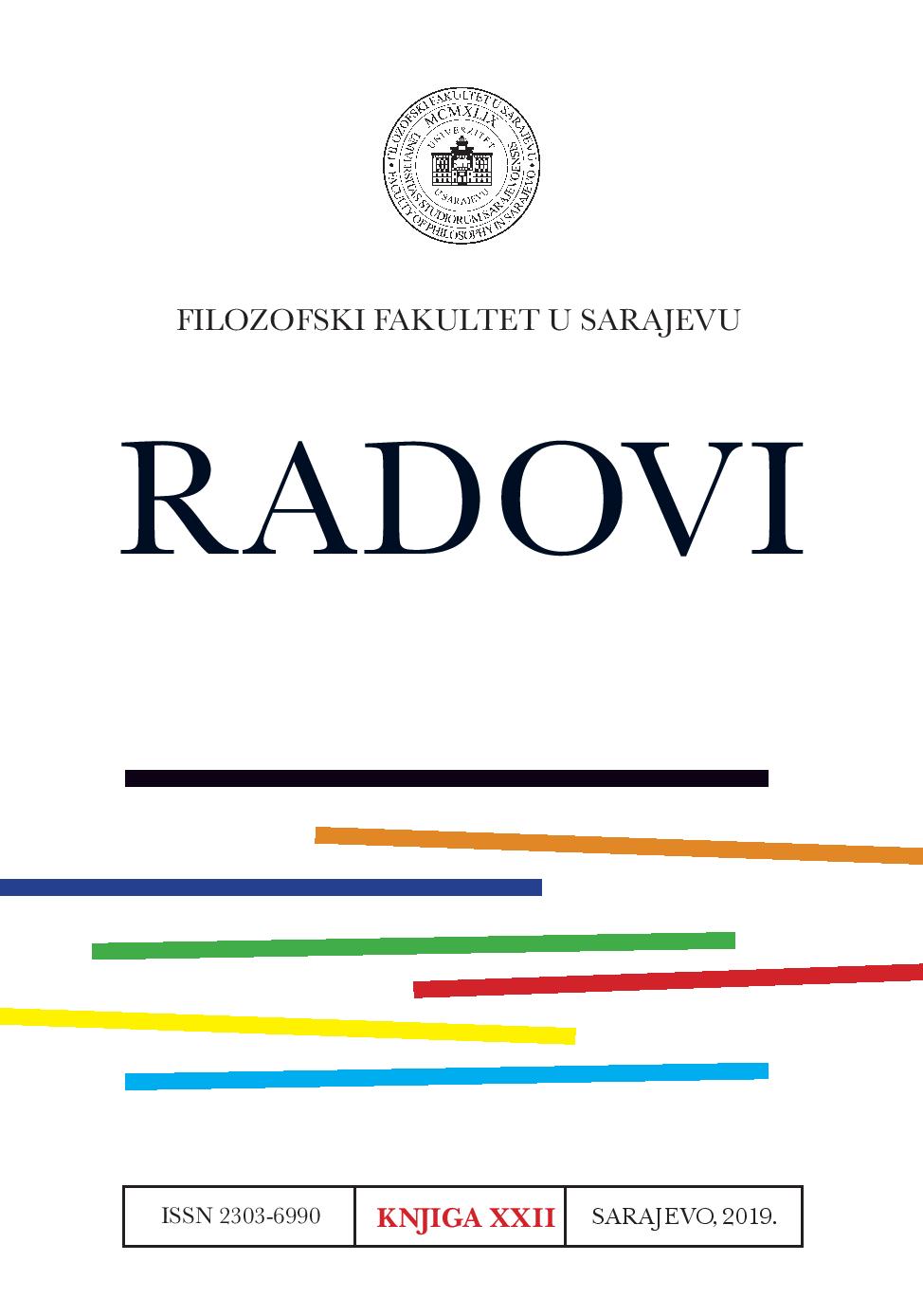Author(s): Ilija Pejić / Language(s): Croatian
Issue: 1/2007
In the introductory text, literary work of the writers from Bjelovar and its surroundings, called Bjelovar’s Literary circle, is being observed in the totality of the cultural efforts during the first half of the 20th century. Many works scattered through press or, in the best case, bound in stiff covers, with unequal values, are being divided and critically valued with direct access in the creation of every author. For easy reference the literary life is shown in two parts: Faded Glory of the old Empire (1900 – 1918) and Betrayed Expectations in the New State Formation (1919 – 1945). Lujo Varga Bjelovarac and Fran Pilek, two native poets and narrators of the patriotic, war and social topics, are two dominant literary personalities of the first period which mostly coincides with the Croatian Modern era. At the same time we have many other writers: The last supporter of the Illyrian Movement Ivan Trnski, a folk writer and educator of common people, doctor, translator from Bulgarian and Russian Fran Gundrum Orlovčanin, multi task minister Ivan Nepomuk Jemeršić, theologian and folk writer Rudolf Vimer etc. The atmosphere of the pre-war Bjelovar Kruno Kolarević Sanjin depicted in its causeries while Dragutin Klobučar and Ivan Bošnjak are the authors of sketches from the country life. The second period, better known as the literature between two wars, the time of the let down promises, bitter illusions, and sobering up, was marked with polemic tones, essays of the pedagogue Vlado Petz, essays-fantastic stories of Slavko Rozgaj, physicist and astronomer, blooming of children’s literature (Josip Cvrtila, Mato Lovrak, Zlata Perlić, Eduard and Branko Špoljar), social theme domination and prosaic sorts (Vladimir Jurčić, Ivan Dončević, Rikard Simeon, Slavko Kolar, Mihovil Pavlek Miškina, Mara Matočec), appearance of women authors (Zdenka Jušić-Seunik, Zlata Perlić) with exceptional poetic realizations and deviations from common classifications (Đuro Sudeta). In the end there is a list of the literature used in the final forming of synthesis, of the overview, as a starting point for further readings and researches in the end of which Bjelovar’s Homeland Reader is going to be formed.
More...
